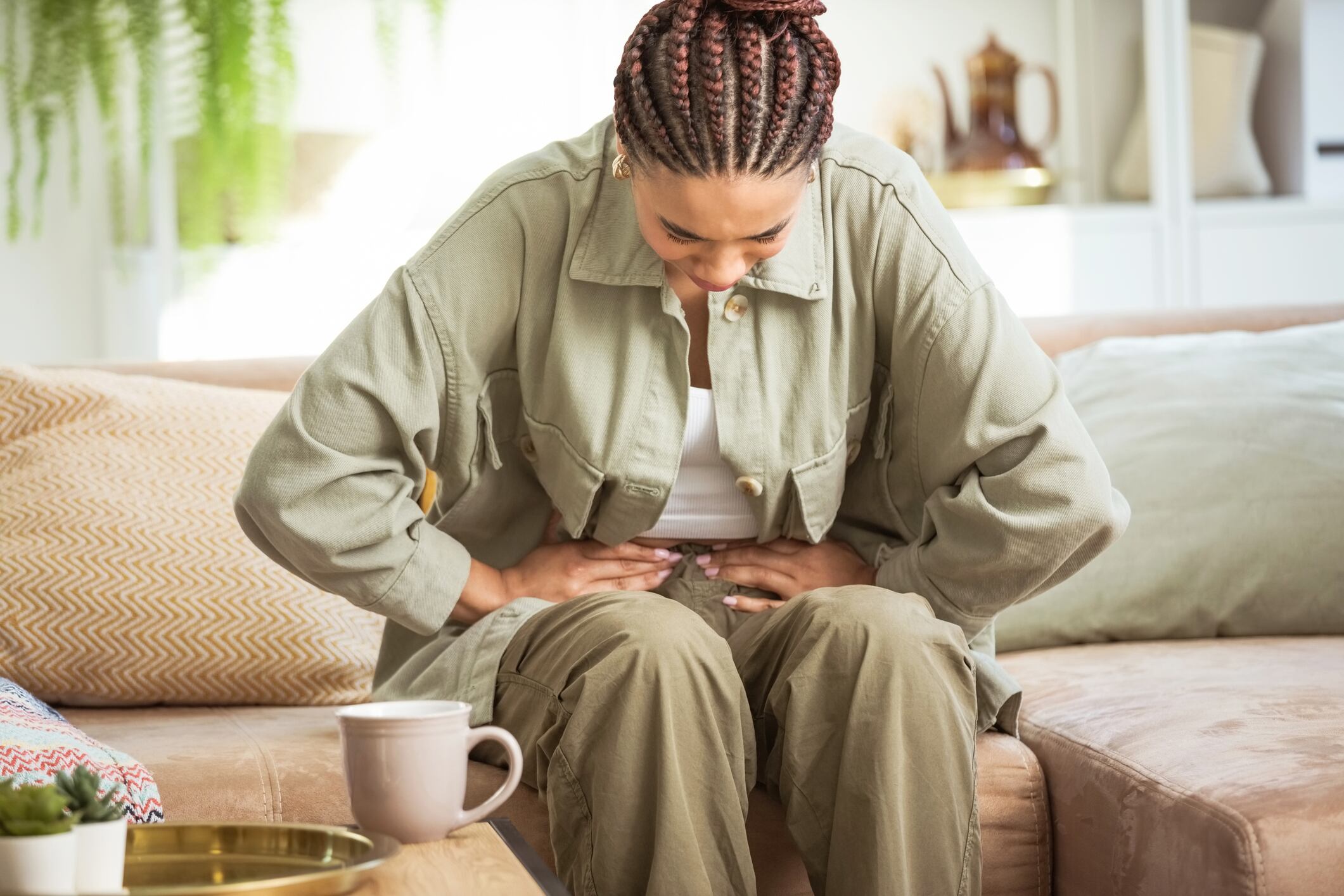A study published in Frontiers in Nutrition used data from the National Health and Nutrition Examination Survey (NHANES) to analyze the correlation between dietary antioxidants and endometriosis.
It found that people with a diagnosis of endometriosis had significantly lower intake of key antioxidants such as vitamin E, vitamin A, vitamin C, beta-carotene and selenium.
“We found that CDAI [composite dietary antioxidant index] is an important protective factor for the risk of endometriosis, indicating that an antioxidant diet can play an important role in the primary prevention of endometriosis,” wrote researchers from Harbin Medical University, China.
Endometriosis and antioxidant intake: is there a link?
The composite dietary antioxidant index is a comprehensive score used to assess the total antioxidant intake within an individual’s diet. This predominantly consists of vitamins and minerals with antioxidant effects, including vitamins A, C, E and beta-carotene, as well selenium and zinc.
Previous studies have found that the CDAI is closely related to many aspects of women’s health. For example, studies have found low antioxidant intake is linked to infertility and higher intake is associated with migraine reductions and better maternal and perinatal outcomes.
However, while some research has shown that supplementing relevant antioxidants can inhibit endometriosis-related symptoms, the relationship between CDAI and endometriosis remains unclear.
What is endometriosis?
Endometriosis is a long-term condition where cells similar to the lining of the uterus grow in other reproductive organs, such as the ovaries and fallopian tubes. Symptoms include pain in lower abdomen or back, severe period pain and pain during or after sex.
While the exact cause of endometriosis is unknown, some possible causes include retrograde menstruation (when menstrual blood and tissue flow backward through the fallopian tubes), genetic predisposition and immune system dysfunction.
Study details
The study included 4,153 women between the ages of 20 and 54 who had stipulated whether they had an endometriosis diagnosis and provided dietary recall data.
The analysis revealed that the median CDAI level of the endometriosis patient group was lower than that of non-endometriosis patients, with a negative dose–response relationship between the level of CDAI and the risk of endometriosis.
The protective effect of high CDAI levels on endometriosis were more pronounced in females between the ages of 30 and 39, indicating that women in their thirties are more likely to benefit from a diet rich in antioxidants.
In addition to the heightened benefits in this particular age group, the researchers found that there were certain subgroups where antioxidants had a greater protective effect. This included pregnant women, low-educated women, smokers and women with a high BMI or obesity.
Drawing on previous studies, the researchers suggested various protective mechanisms of antioxidants. For example, vitamin C can inhibit the adhesion and growth of endometrial cells, while vitamin E has anti-angiogenic and anti-inflammatory effects. The vitamin can also reduce levels of free radicals and reactive oxygen species (ROS), thereby attenuating oxidative stress and inflammatory responses.
Causation yet to be established
While the study noted that the link between antioxidant intake and endometriosis risk is clear, it acknowledged that causation cannot be established and that women with endometriosis may simply have poorer diets.
The researchers therefore called for clinical intervention studies to confirm the findings and establish the true potential of these benefits.
“Prospective or interventional studies are required to confirm the causal nature of this relationship,” they wrote. “In total, our results provide an important reference for the primary prevention of endometriosis.”
Source: Frontiers in Nutrition. doi: 10.3389/fnut.2025.1549948. “Association between the composite dietary antioxidant index and risk of endometriosis in women: a national population-based study. ”Authors: Y. Yu, et al.




